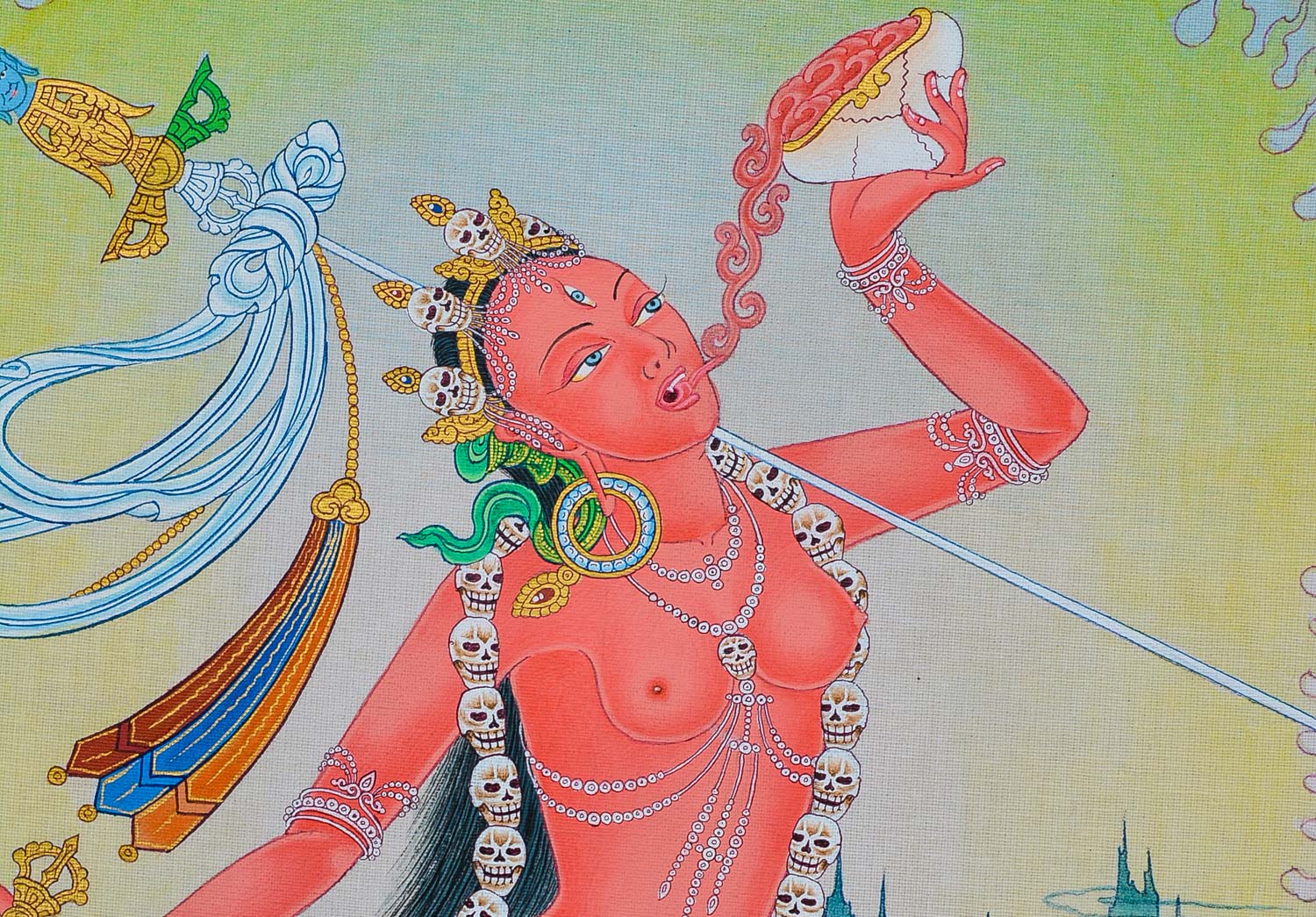In this podcast professor Thurman introduces great Buddhist masters Vasubandhu and Dignaga. Vasubandhu was a brother of the famous Asangha, who met with the future Buddha Maitreya. Vasubandhu wrote a famous work of the Abhidharmakosha (The Treasury of the Clear Science), which is the third of the “three baskets” of the Buddhist teachings (vinaya, sutra and abhidharma – are the three baskets). The Abhidharma brings out the Buddhist psychology in the most systematic fashion.
Dignaga (who was Vasubandhu’s teacher) explains the notion of “bare attention.” He says that the only way to “get” reality is through “bare awareness”, and that “we all are knowing ultimate reality all the time with that awareness, which is underneath and obscured by our discursive, conceptualizing awareness.” The goal is to escape from entanglement in conceptualized reality and recover bare awareness. However, Dignaga continues, since we have to acknowledge that we are trapped in this web of conceptuality, it is critical reasoning within the web of conceptuality that liberates us from the conceptuality. So, one should not demonize conceptuality.
Professor Thurman goes on to explain the famous “four mindfulnesses.” He says that the Buddhist psychology is based on the idea that the more awareness touches reality, the more realistic a person becomes, the more well they become.
This episode was recorded in August, 2009 at a retreat co-led by Robert Thurman and Mark Epstein, M.D. at Menla Mountain Retreat.

In this episode Tibet House US | Menla President & Co-Founder Robert A.F. Thurman sits down for a heart-centered talk about Buddhist perspectives on...

Buddhism is the collection of teachings, traditions and religions based upon the mind training philosophy as presented by Prince Siddhartha to his community of...

In this podcast Robert A.F. Thurman discusses Shambhala, Politics & Climate Change and shares a Thanksgiving 2023 message of hope & gratitude with his...